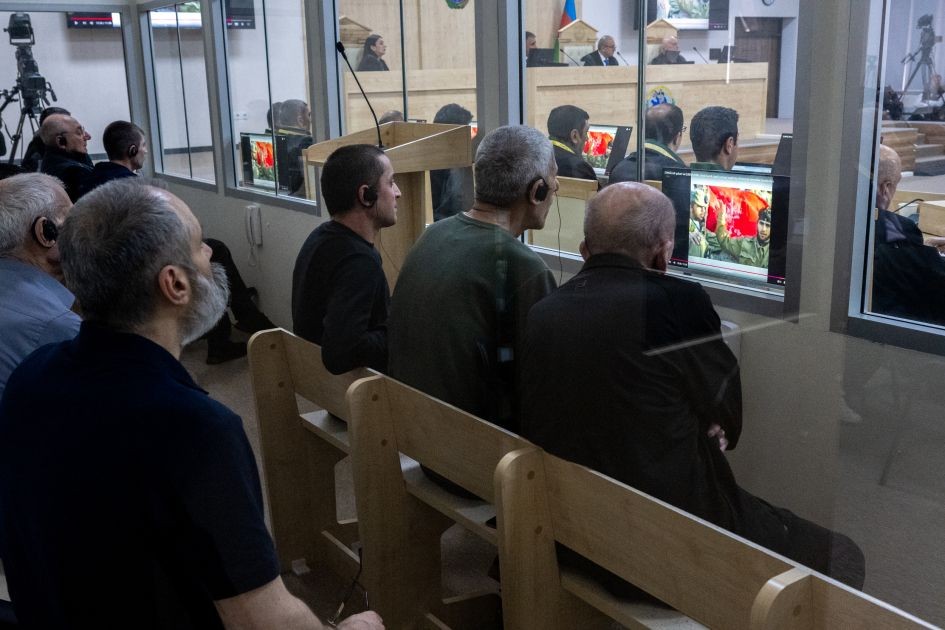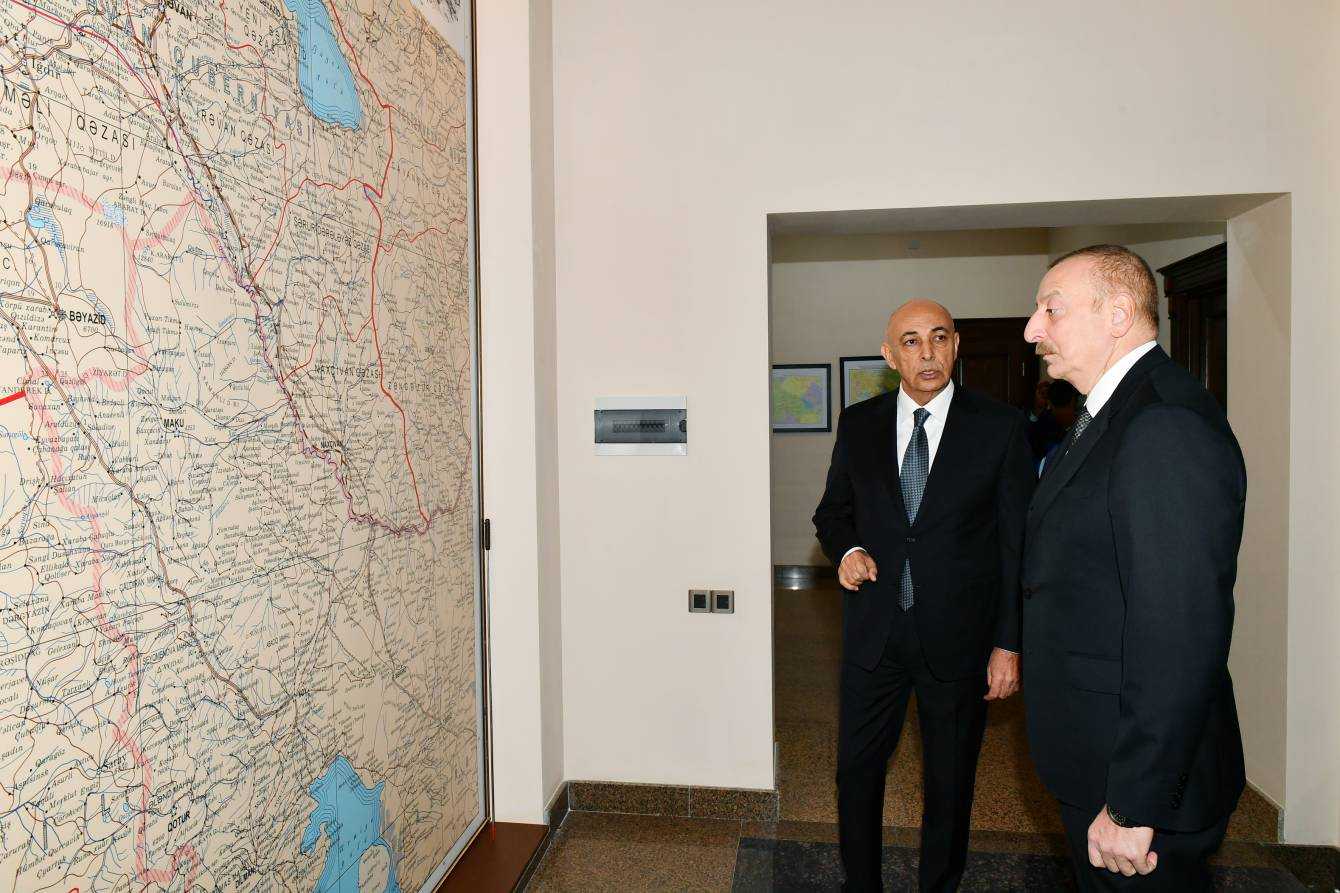
Editor’s note: The article has been updated to include the name of the detainee who had reportedly attempted to take his life.
There have been ‘suicide attempts’ among Armenian prisoners held in Azerbaijan, Siranush Sahakyan, who represents the interests of Armenian prisoners in international courts, told RFE/RL. The suicide attempts were reported following recent phone calls between the prisoners and their relatives.
Sahakyan refrained from giving any names, only clarifying that the suicide attempts were not among the former military-political leadership of Nagorno-Karabakh.
Azerbaijan has officially acknowledged it has 23 Armenian prisoners in its custody, including former Nagorno-Karabakh state officials. Earlier in March, Armenia claimed Armenian prisoners in Azerbaijan had been subjected to torture, citing evidence observed in photos published by Azerbaijan.

The news of the suicide attempts came on Wednesday, the same day the Red Cross halted its activities in Azerbaijan. It was the only international and independent humanitarian organisation paying visits to the Armenian prisoners.
Earlier in March, the Azerbaijani pro-government media outlet Caliber reported that Red Cross along with UN Development Programme (UNDP), the UN Refugee Agency (UNHCR), were told ‘they must leave’ Azerbaijan.

Months later, in late August, the Red Cross delegation in Armenia told RFE/RL that the humanitarian organisation had tried to discuss ‘possible alternatives’ for their visits with Azerbaijani authorities through their headquarters.
‘Our dialogue will continue so that we can somehow provide our humanitarian service, and attempts will naturally be made in the near future, but at the moment we do not have any clarity on how it will happen and in what format’, Zara Amatuni, the head of communications for the Red Cross delegation in Armenia said.
One prisoner reportedly on hunger strike
The Red Cross made its last visit to the Armenian prisoners in June. Reports about the condition of the Armenian prisoners in Baku have since been scarce.
In the organisation’s absence, most information about the detainees came from their relatives, with whom they remain in touch via telephone calls. Sahakyan told RFE/RL that the families of the detainees warned that they suffered from serious health issues.
‘The families informed us that through those conversations, serious health issues and, of course, severe psychological conditions were already noticeable. The sense of hopelessness is deepening’, lawyer Sahakyan told RFE/RL on Wednesday.
Lebanese–Armenian detainee Vigen Euljekjian has also reportedly been on hunger strike for over 20 days. He has been in Azerbaijani captivity since the end of the Second Nagorno-Karabakh War of 2020.
Lawyer Luciana Minassian posted the news on Facebook on 2 September, noting that the Euljekjian family was ‘devastated’, and that ‘what should have been a moment of hope has become unbearable sadness and fear’ — a reference to recent statements made by US President Donald Trump, claiming that he would help secure the release of the Armenian detainees.
Trump had made the remark in conversation with Armenian Prime Minister Nikol Pashinyan during his visit to Washington on 8 August to sign agreements and initial the peace treaty with Azerbaijani President Ilham Aliyev.
On the same day, Azerbaijani pro-government media Qafqazinfo claimed that, according to their information, the news of Euljekjian’s hunger strike ‘did not correspond to reality’.
In a comment to CivilNet, Linda Euljekjian, the wife of prisoner Vigen Euljekjian, confirmed that her husband tried to take his life. She said that Euljekjian had told Red Cross representatives about his suicide attempt before the organisation halted its activities in Azerbaijan.
Linda Euljekjian additionally stated that her husband was suffering from ‘severe pain’, but according to CivilNet, ‘has not been taken to a doctor’.
She also mentioned that the wife of another Armenian detainee had contacted her, saying that her husband is likewise in pain and not receiving medical treatment. However, the woman is too afraid to speak out publicly.
Again on Wednesday, Armenian Human Rights Defender Anahit Manasyan met with Daphnée Maret, the Red Cross Delegation in Armenia. During the meeting, according to Minasyan’s office, among other issues, they also touched upon ‘issues pertaining to the rights of the prisoners of war, missing persons and their families’.
For ease of reading, we choose not to use qualifiers such as ‘de facto’, ‘unrecognised’, or ‘partially recognised’ when discussing institutions or political positions within Abkhazia, Nagorno-Karabakh, and South Ossetia. This does not imply a position on their status.
This article was translated into Azerbaijani and republished by our partner Meydan TV.











